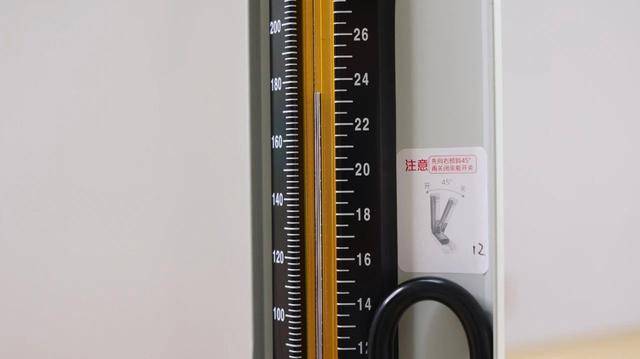In our country, hypertension is almost the most common chronic disease clinically. Although this disease may seem insignificant and does not cause fatal harm to patients in the short term, it is like “boiling a frog in warm water,” often bringing many potential health risks to patients invisibly.
Moreover, according to relevant clinical data, the occurrence of most cardiovascular diseases is closely related to hypertension.
Therefore, for patients with hypertension, in order to avoid the occurrence of various complications, they often need to stabilize their blood pressure levels by taking antihypertensive drugs and also need to control their diet. Only by doing both can the harmful effects of hypertension on patients be minimized to the greatest extent.
When it comes to dietary management, what hypertensive patients fear most may be potassium deficiency. So, what should these patients eat daily to help supplement potassium better? Let’s explore some common foods together.
1. Why are hypertensive patients afraid of potassium deficiency?
In fact, the main reason why hypertensive patients fear potassium deficiency is that during the prolonged use of antihypertensive drugs, most hypertensive patients may experience an imbalance of sodium and potassium levels in the body, leading to rapid and excessive loss of potassium elements, which may result in various symptoms of potassium deficiency.
For example, many hypertensive patients often feel inexplicably tired, or frequently experience symptoms such as constipation, dizziness, and vertigo, all of which could be manifestations of potassium deficiency in the body.
If hypertensive patients are severely deficient in potassium elements, not only will their bodies bear a greater burden, but it may also have a significant impact on their mental state and overall health.
2. What foods are suitable for hypertensive patients to supplement potassium?
In general, for hypertensive patients showing symptoms of potassium deficiency, if they want to supplement potassium, it is advisable to consume more bananas, seaweed, pumpkins, and other foods. These foods are rich in potassium elements and are also rich in essential nutrients.
Take bananas, for example, they also have a certain laxative effect. For hypertensive patients suffering from constipation due to potassium deficiency, eating bananas in moderation can not only supplement potassium but also help improve bowel movements.
Seaweed and pumpkins, as two very common ingredients in daily life, are also frequently seen on dining tables.
These two foods are also rich in a variety of essential nutrients. For hypertensive patients with potassium deficiency, regular consumption can prevent rapid loss of potassium elements, supplement the body with sufficient potassium, and provide various nutrients to maintain health.
Therefore, when hypertensive patients show signs of potassium deficiency, it is recommended to consume these foods more regularly to replenish sufficient potassium and maintain the balance of sodium and potassium in the body.
【This article is an exclusive original production from “Qianjinfang” new media, authored by Yexiaokui. Unauthorized reproduction or copying is prohibited】


